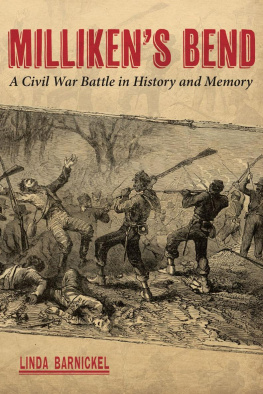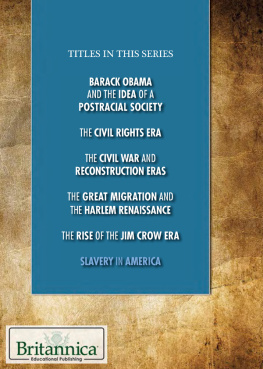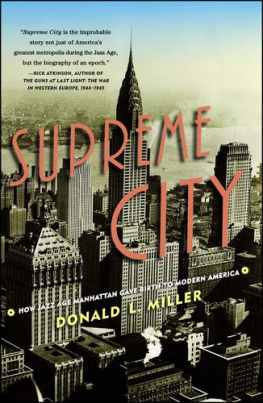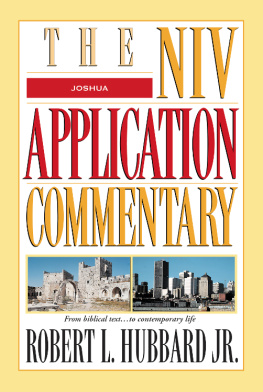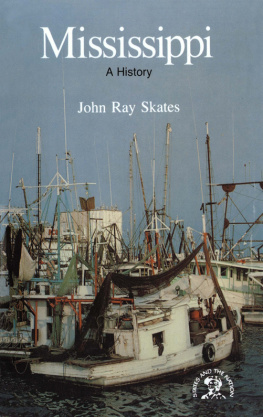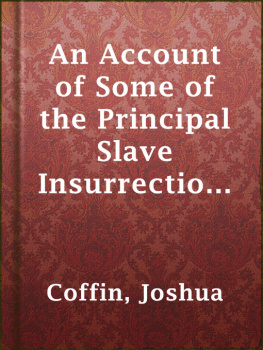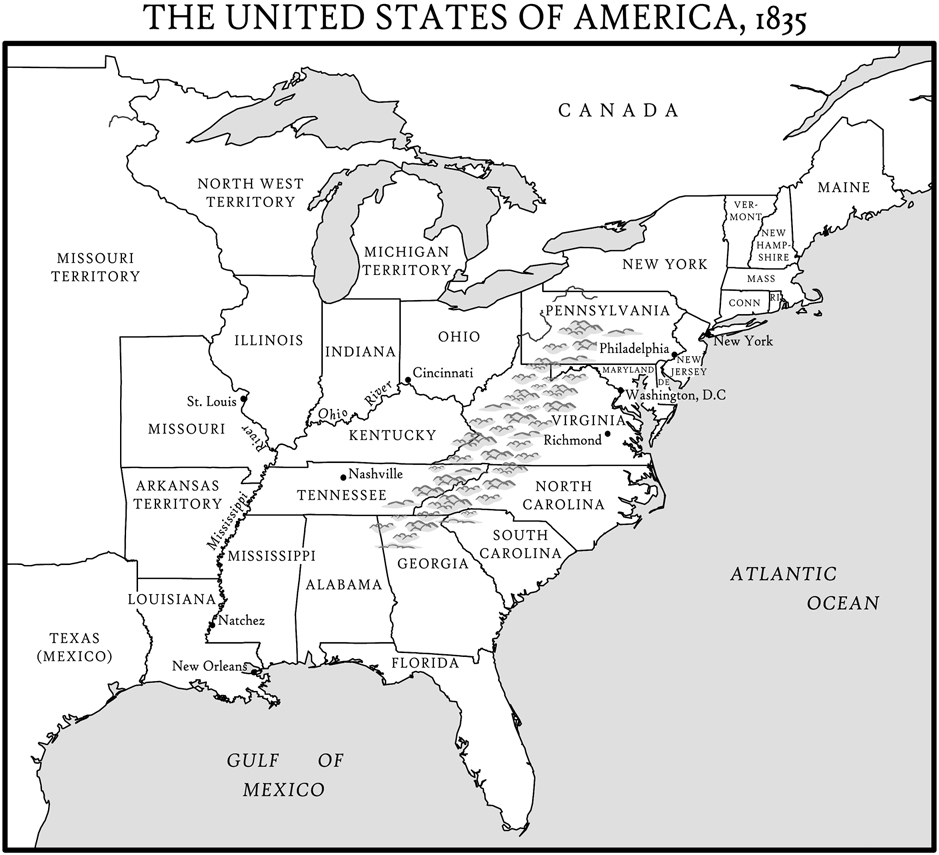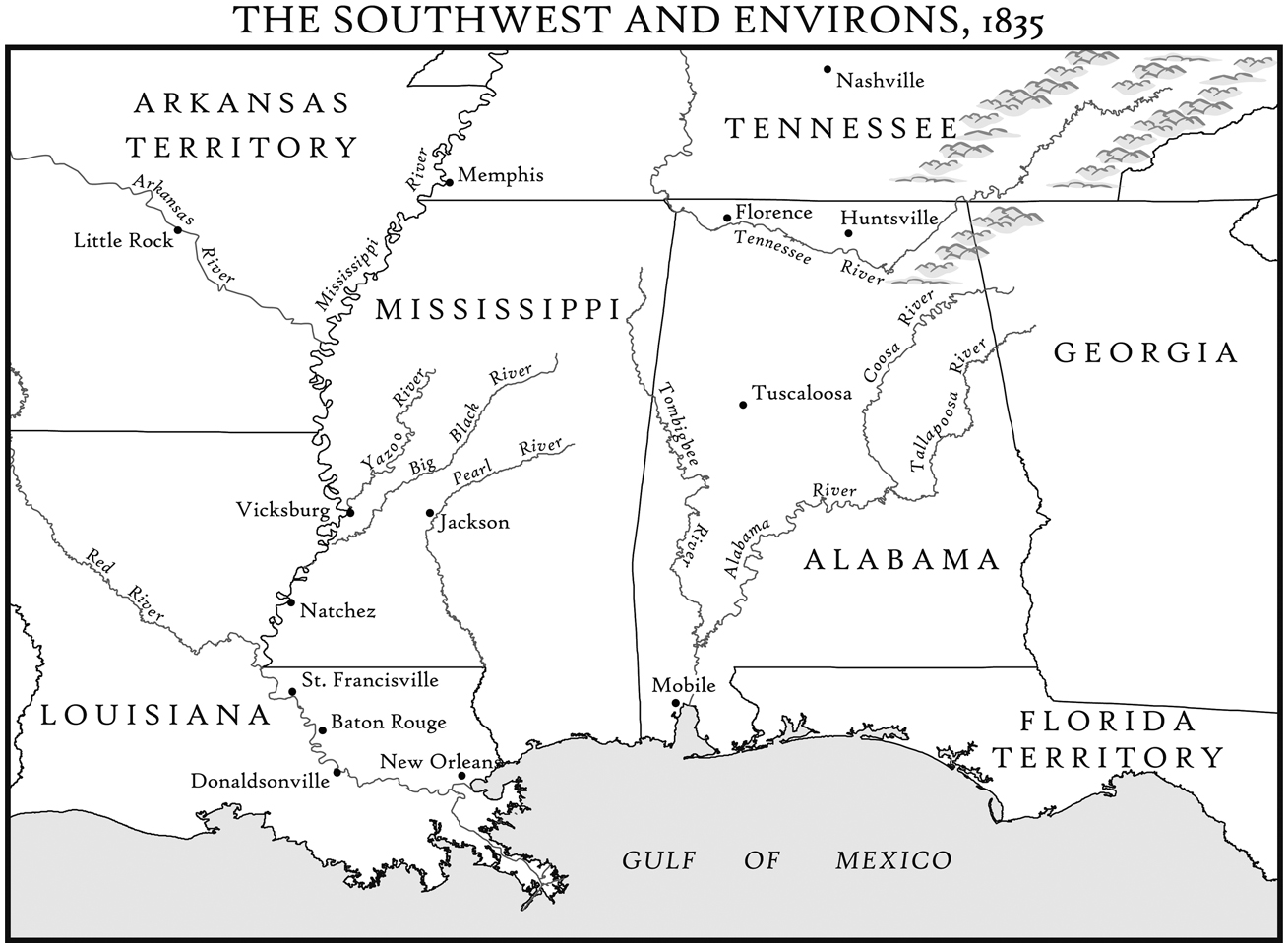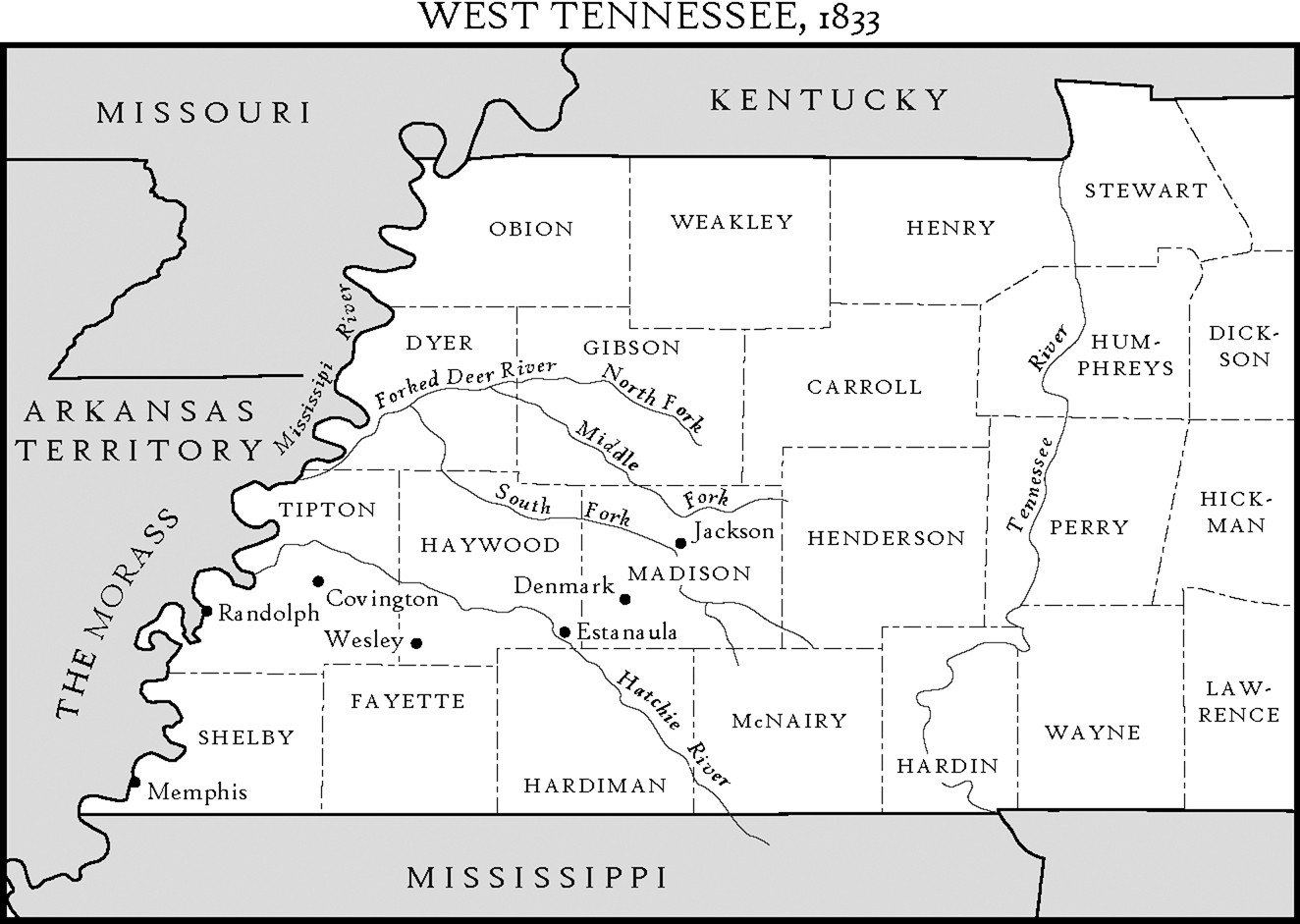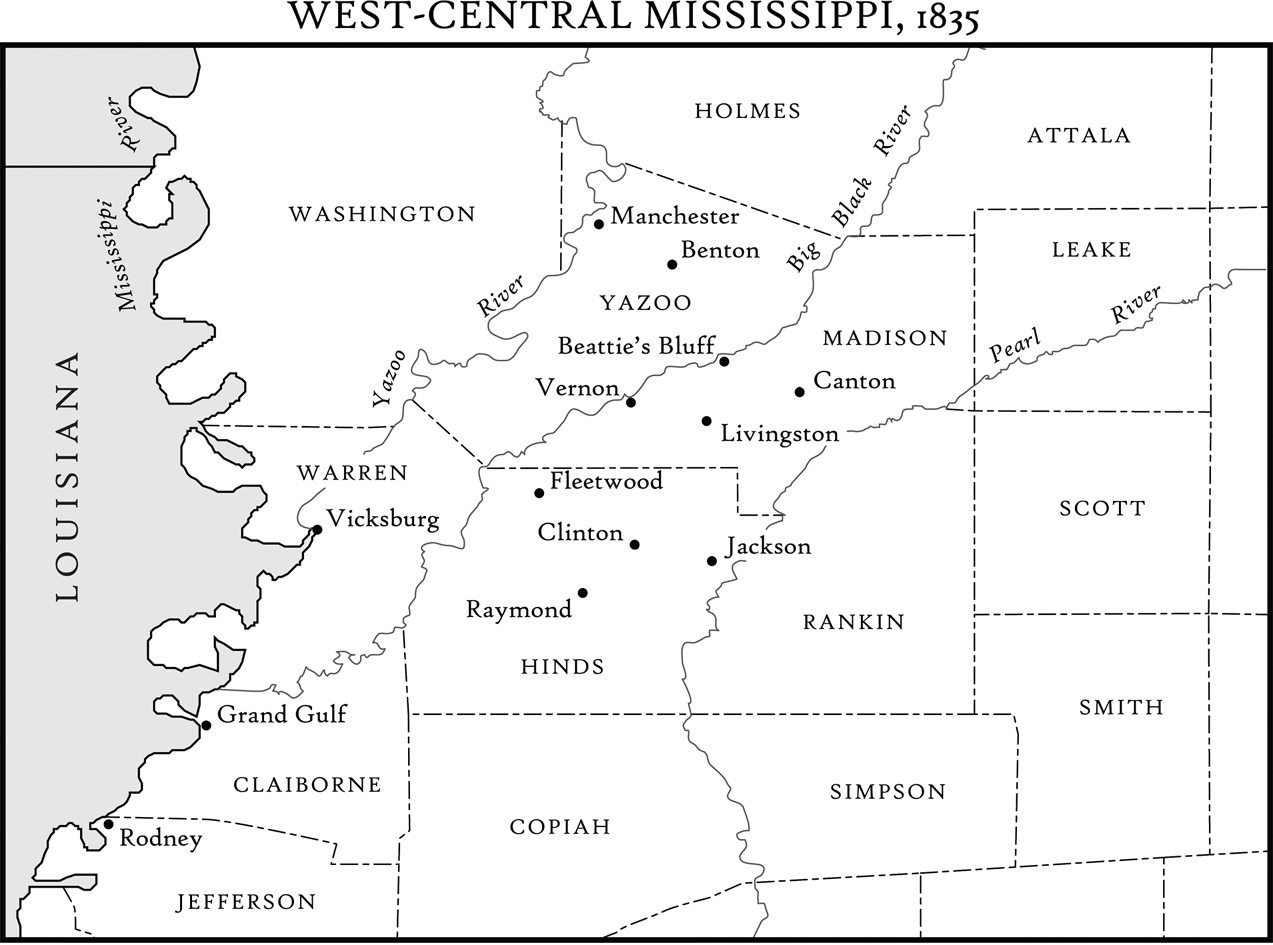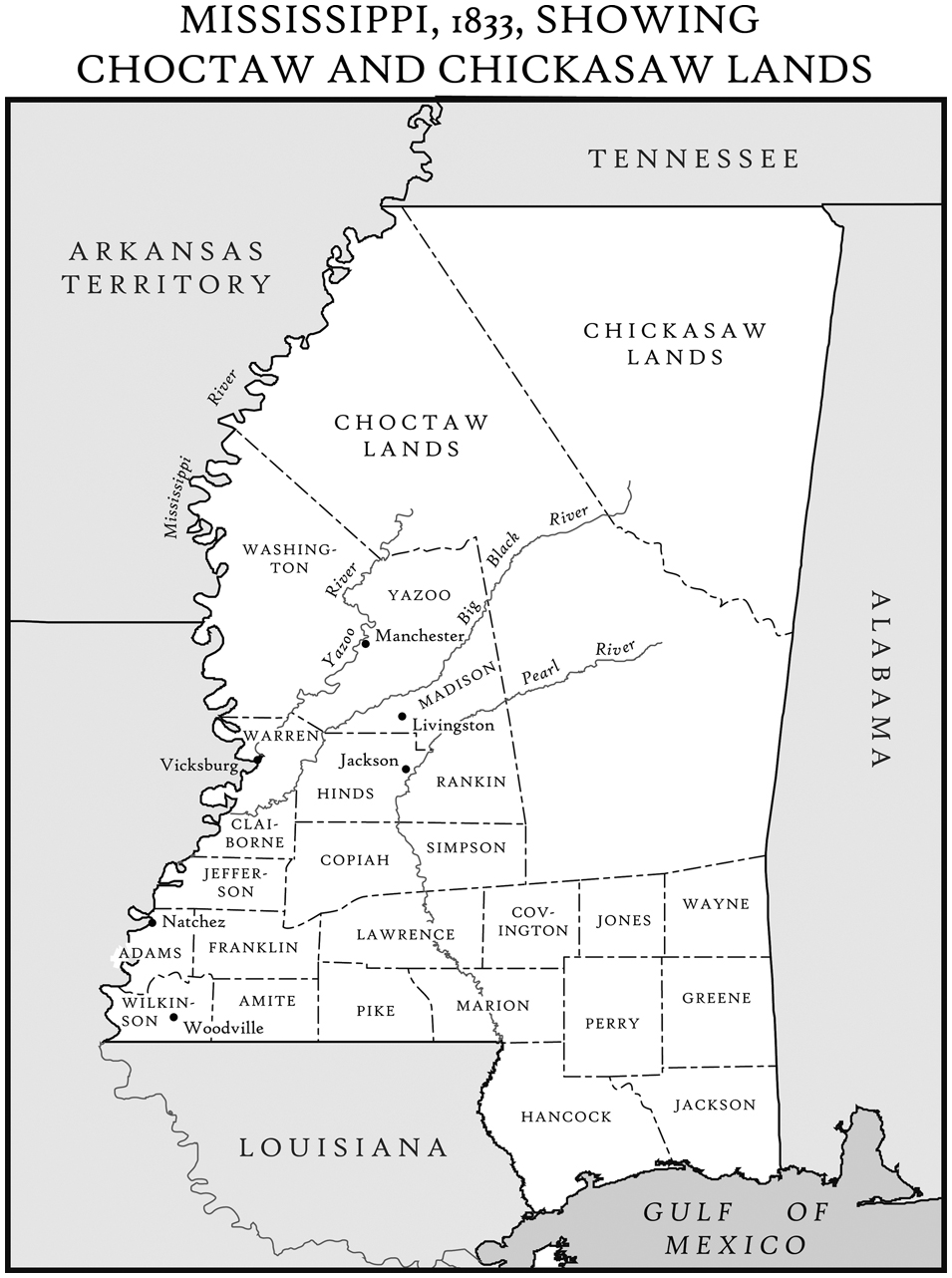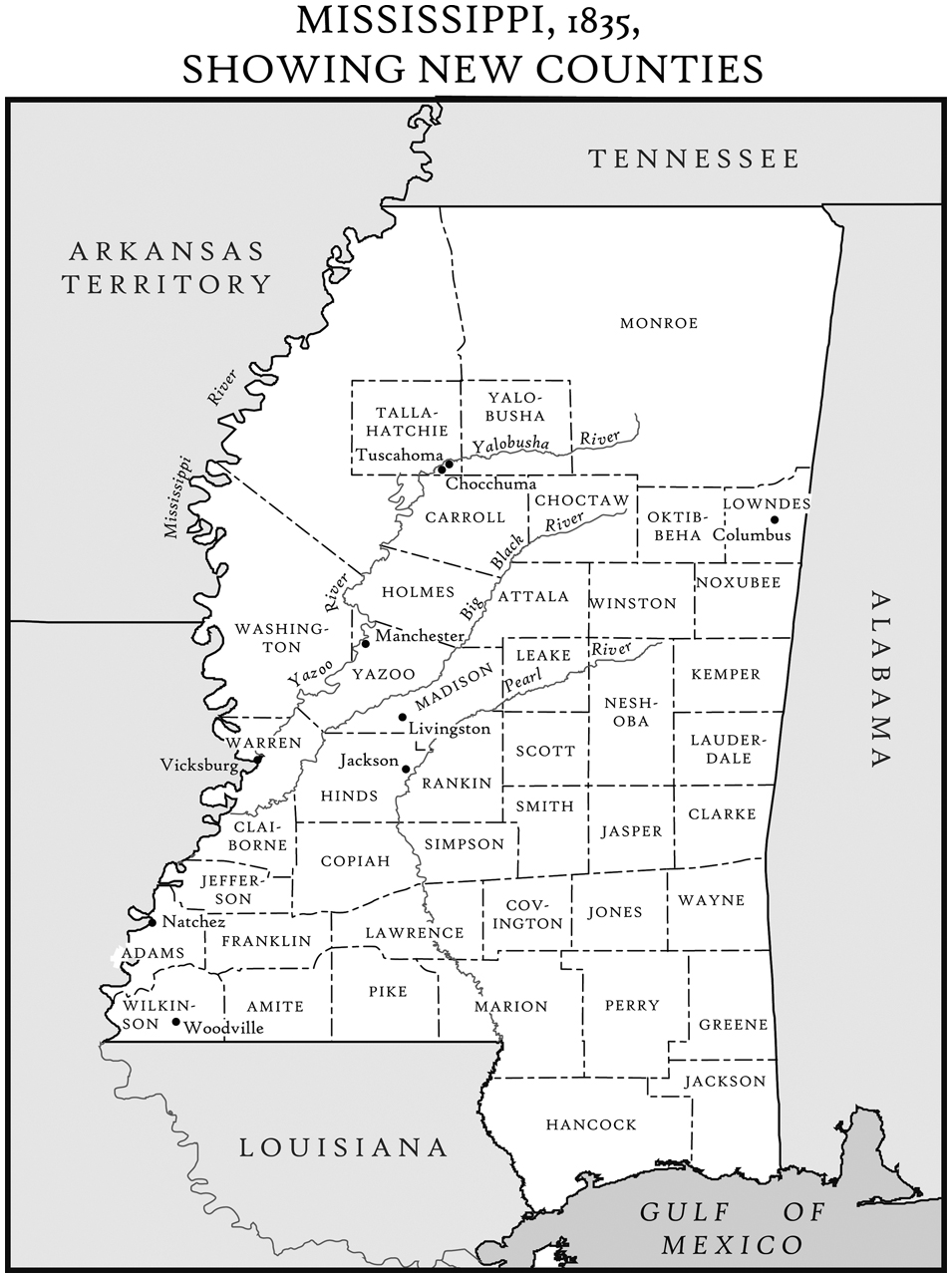Joshua D. Rothman - Flush Times and Fever Dreams: A Story of Capitalism and Slavery in the Age of Jackson
Here you can read online Joshua D. Rothman - Flush Times and Fever Dreams: A Story of Capitalism and Slavery in the Age of Jackson full text of the book (entire story) in english for free. Download pdf and epub, get meaning, cover and reviews about this ebook. City: Athens, year: 2014, publisher: University of Georgia Press, genre: History / Science. Description of the work, (preface) as well as reviews are available. Best literature library LitArk.com created for fans of good reading and offers a wide selection of genres:
Romance novel
Science fiction
Adventure
Detective
Science
History
Home and family
Prose
Art
Politics
Computer
Non-fiction
Religion
Business
Children
Humor
Choose a favorite category and find really read worthwhile books. Enjoy immersion in the world of imagination, feel the emotions of the characters or learn something new for yourself, make an fascinating discovery.

- Book:Flush Times and Fever Dreams: A Story of Capitalism and Slavery in the Age of Jackson
- Author:
- Publisher:University of Georgia Press
- Genre:
- Year:2014
- City:Athens
- Rating:3 / 5
- Favourites:Add to favourites
- Your mark:
Flush Times and Fever Dreams: A Story of Capitalism and Slavery in the Age of Jackson: summary, description and annotation
We offer to read an annotation, description, summary or preface (depends on what the author of the book "Flush Times and Fever Dreams: A Story of Capitalism and Slavery in the Age of Jackson" wrote himself). If you haven't found the necessary information about the book — write in the comments, we will try to find it.
In 1834 Virgil Stewart rode from western Tennessee to a territory known as the Arkansas morass in pursuit of John Murrell, a thief accused of stealing two slaves. Stewarts adventure led to a sensational trial and a wildly popular published account that would ultimately help trigger widespread violence during the summer of 1835, when five men accused of being professional gamblers were hanged in Vicksburg, nearly a score of others implicated with a gang of supposed slave thieves were executed in plantation districts, and even those who tried to stop the bloodshed found themselves targeted as dangerous and subversive. Using Stewarts story as his point of entry, Joshua D. Rothman details why these events, which engulfed much of central and western Mississippi, came to pass. He also explains how the events revealed the fears, insecurities, and anxieties underpinning the cotton boom that made Mississippi the most seductive and exciting frontier in the Age of Jackson.
As investors, settlers, slaves, brigands, and fortune-hunters converged in what was then Americas Southwest, they created a tumultuous landscape that promised boundless opportunity and spectacular wealth. Predicated on ruthless competition, unsustainable debt, brutal exploitation, and speculative financial practices that looked a lot like gambling, this landscape also produced such profound disillusionment and conflict that it contained the seeds of its own potential destruction. Rothman sheds light on the intertwining of slavery and capitalism in the period leading up to the Panic of 1837, highlighting the deeply American impulses underpinning the evolution of the slave South and the dizzying yet unstable frenzy wrought by economic flush times. It is a story with lessons for our own day.
Published in association with the Library Company of Philadelphias Program in African American History. A Sarah Mills Hodge Fund Publication.
Joshua D. Rothman: author's other books
Who wrote Flush Times and Fever Dreams: A Story of Capitalism and Slavery in the Age of Jackson? Find out the surname, the name of the author of the book and a list of all author's works by series.

